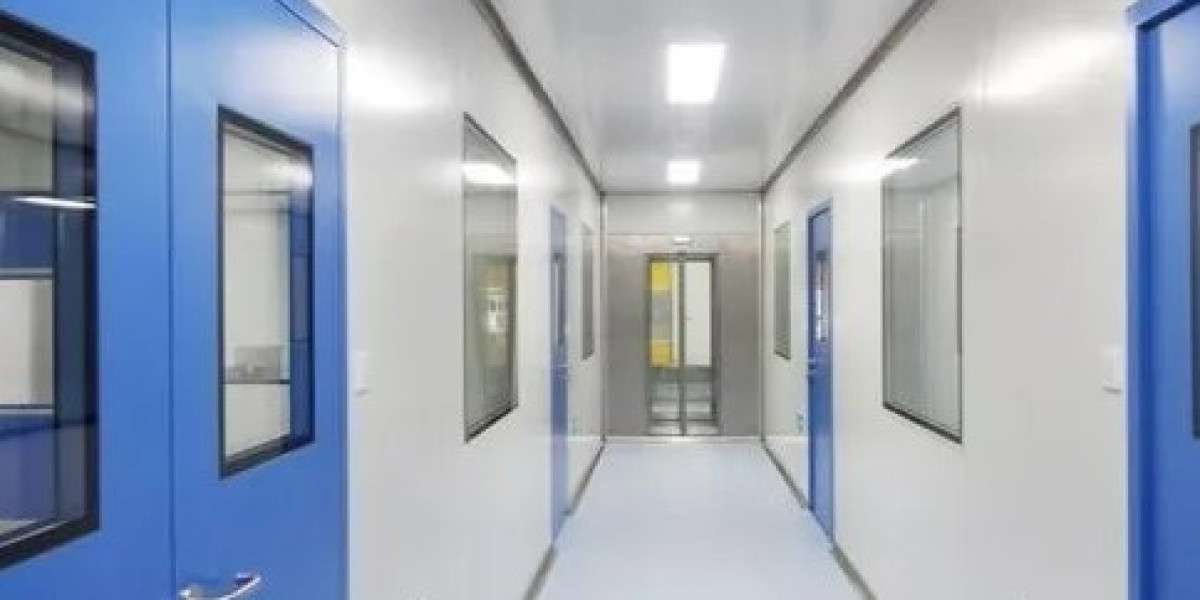When setting up a clean room partition, it's crucial to consider the unique needs of your space. A clean room's purpose is to create a controlled environment free from contamination, and the partition system plays a key role in maintaining that level of cleanliness. Choosing the right clean room partition for your space goes beyond just selecting materials—it involves understanding how different designs and configurations will impact your workflow, space efficiency, and compliance with industry standards.
The first step is identifying the clean room classification you need. Different industries have varying requirements for cleanliness, airflow, and air pressure, which in turn influence the materials and partition systems that are best suited for the job. For example, in industries like pharmaceuticals or biotechnology, partitions that are resistant to chemicals and easy to clean are essential. Meanwhile, a manufacturing facility might prioritize partitions that optimize space and allow for smooth workflow.
Modular partition systems offer flexibility, easy installation, and efficient use of space. Whether you're working in a tightly packed laboratory or a spacious production area, these systems provide adaptable designs to suit your space's specific needs. You can ensure compliance with ISO standards and other regulatory requirements while maintaining a functional, safe environment.
One of the most important factors when choosing a clean room partition system is the material. The partitions should be made from materials that don't contribute to contamination. Smooth, durable materials that resist chemical exposure and are easy to maintain are ideal choices for clean room environments. These materials also provide a high level of durability, ensuring the partitions last over time.
In addition to the material choice, it's important to consider the design of the partition system. Depending on your facility's layout, you may need partitions with integrated windows, doors, or even pass-through boxes. Including these features can improve visibility, efficiency, and safety in controlled environments. The design of the partition also affects the movement of air within the clean room, which is critical for maintaining the required level of cleanliness.
Another consideration is the installation and future adaptability of the partition system. If your clean room needs to evolve over time, modular partitions are an excellent choice. These systems can be easily adjusted or expanded to meet future needs, minimizing downtime during installation and upgrades. This flexibility is particularly valuable for businesses that need to scale operations quickly.
Cost is always a consideration when choosing a clean room partition system, but it should never come at the expense of quality and safety. With well-designed partition systems, you get a balance of affordability and durability. These products are designed to withstand the wear and tear of daily use, providing long-term performance without needing frequent replacements or repairs.
For any business looking to set up or improve a clean room environment, trusted providers offer the expertise and high-quality partition systems to help you achieve your goals. Whether you need a simple partition setup or a more complex configuration with advanced features, these solutions are up to the task.
To learn more about how these clean room partitions can enhance your facility's efficiency and safety, visit https://www.yd-purification.com/product/ and get in touch with their expert team today.







